“Existing education models are inefficient” – Interview with Bror Saxberg
Global Learning Council
Zukunft
“Existing education models are inefficient” – Interview with Bror Saxberg
Dr Bror Saxberg is Vice President, Learning Science at the Chan Zuckerberg Initiative (CZI), a philanthrophic organisation that aims at improving education and science. Bror Saxberg is responsible for CZI’s thinking about how to expand and apply learning science results and good learning measurement practice at scale to real-world learning situations across the full span of learning. Saxberg most recently served as Chief Learning Officer at Kaplan, Inc. where he was responsible for the research and application of innovative evidence-based learning strategies, technologies, and products across Kaplan’s full range of educational services offerings. Saxberg received an Honors BA in Mathematics and a BS in Electrical Engineering from the University of Washington, an MA in mathematics from Oxford University, a PhD in electrical engineering and computer science from MIT, and an MD from Harvard Medical School.
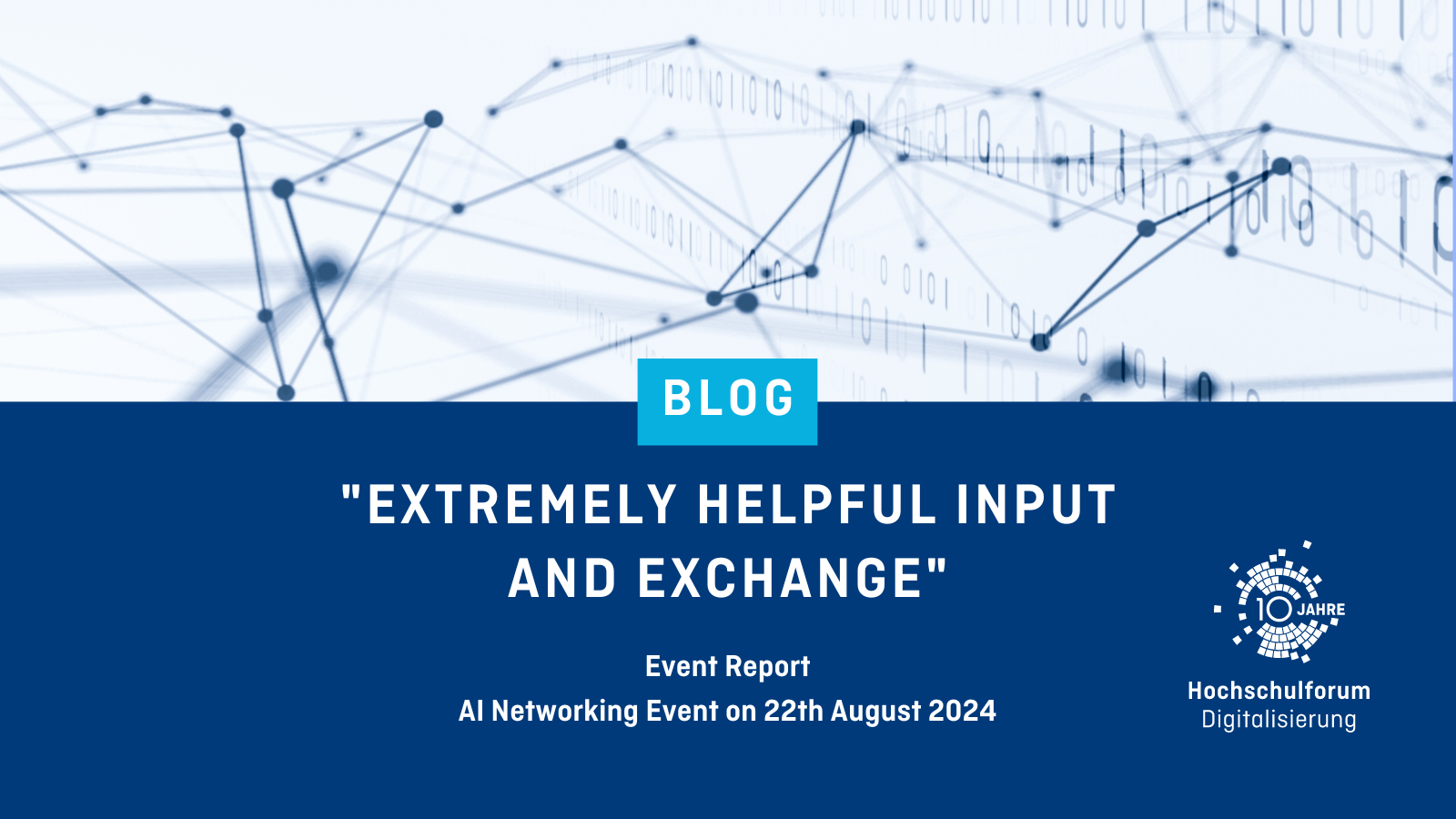








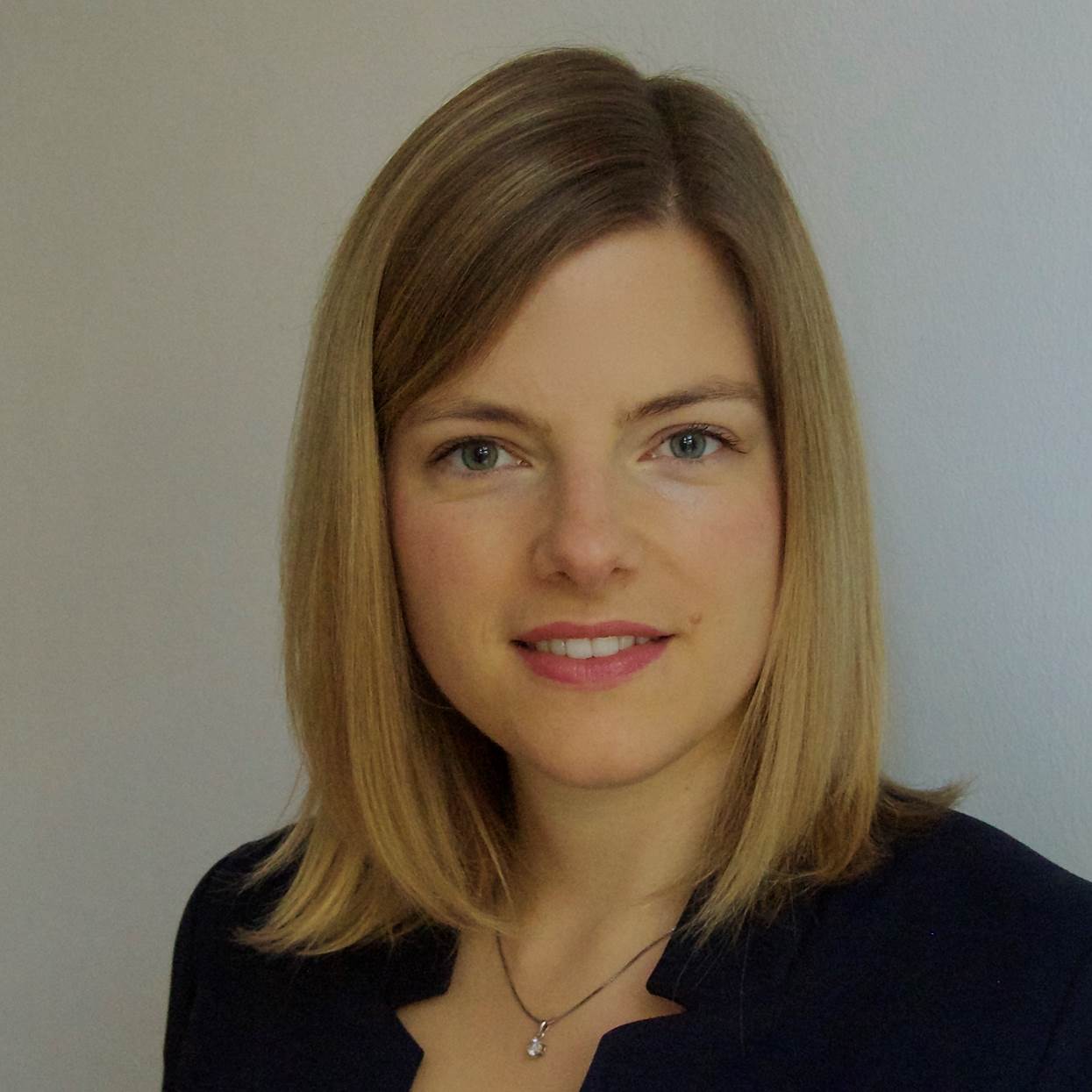
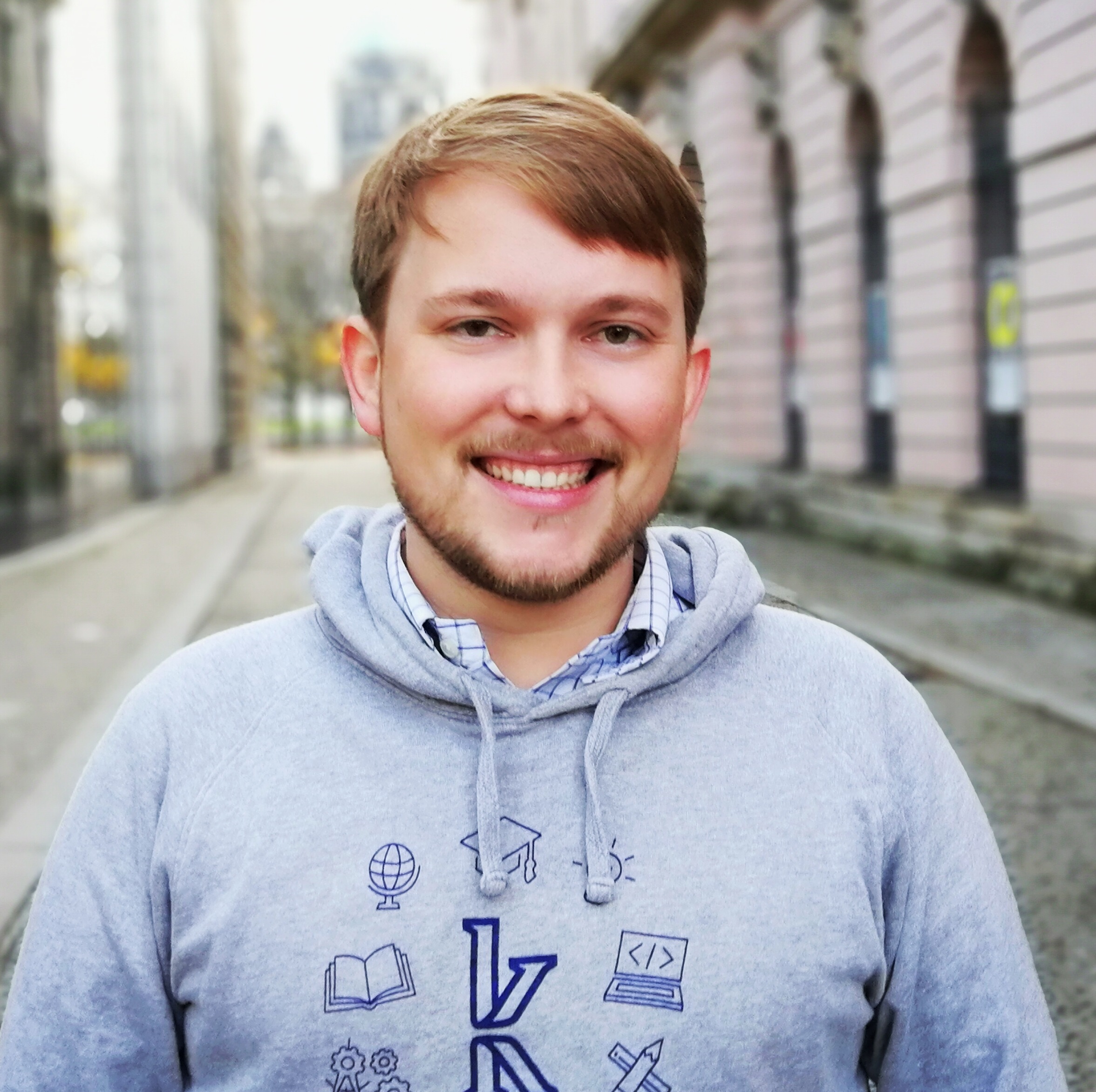

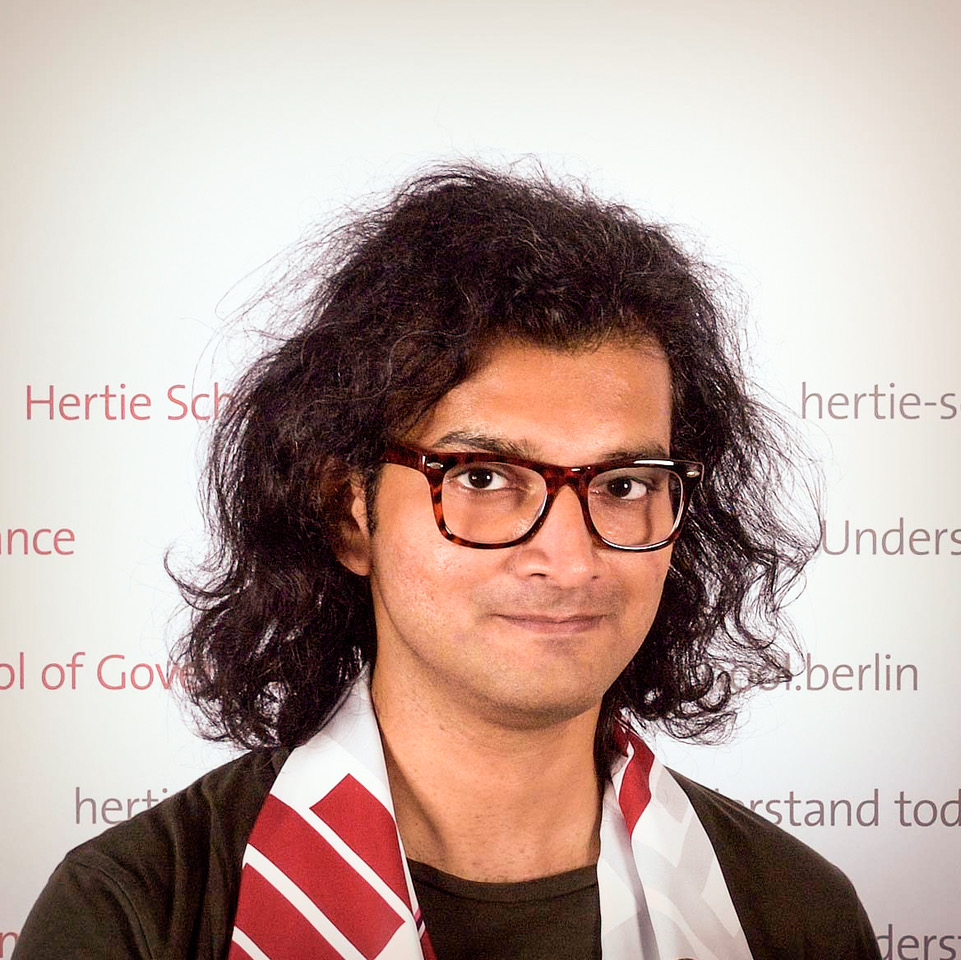
![Future. Photo: [https://unsplash.com/photos/2ugtRrYMLLk Samuel Zeller]](https://hochschulforumdigitalisierung.de/wp-content/uploads/2023/09/samuel-zeller-82156.jpg)
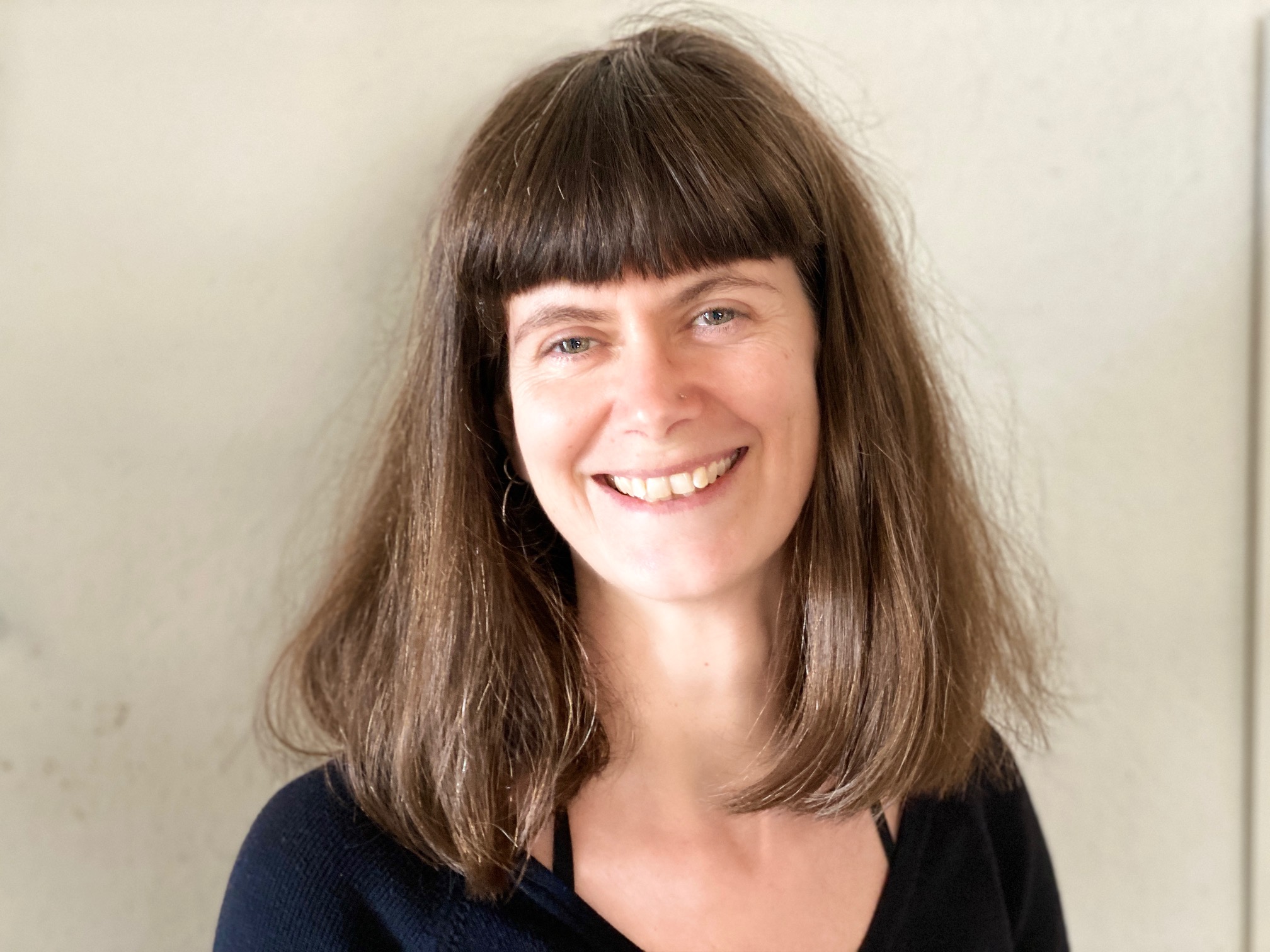
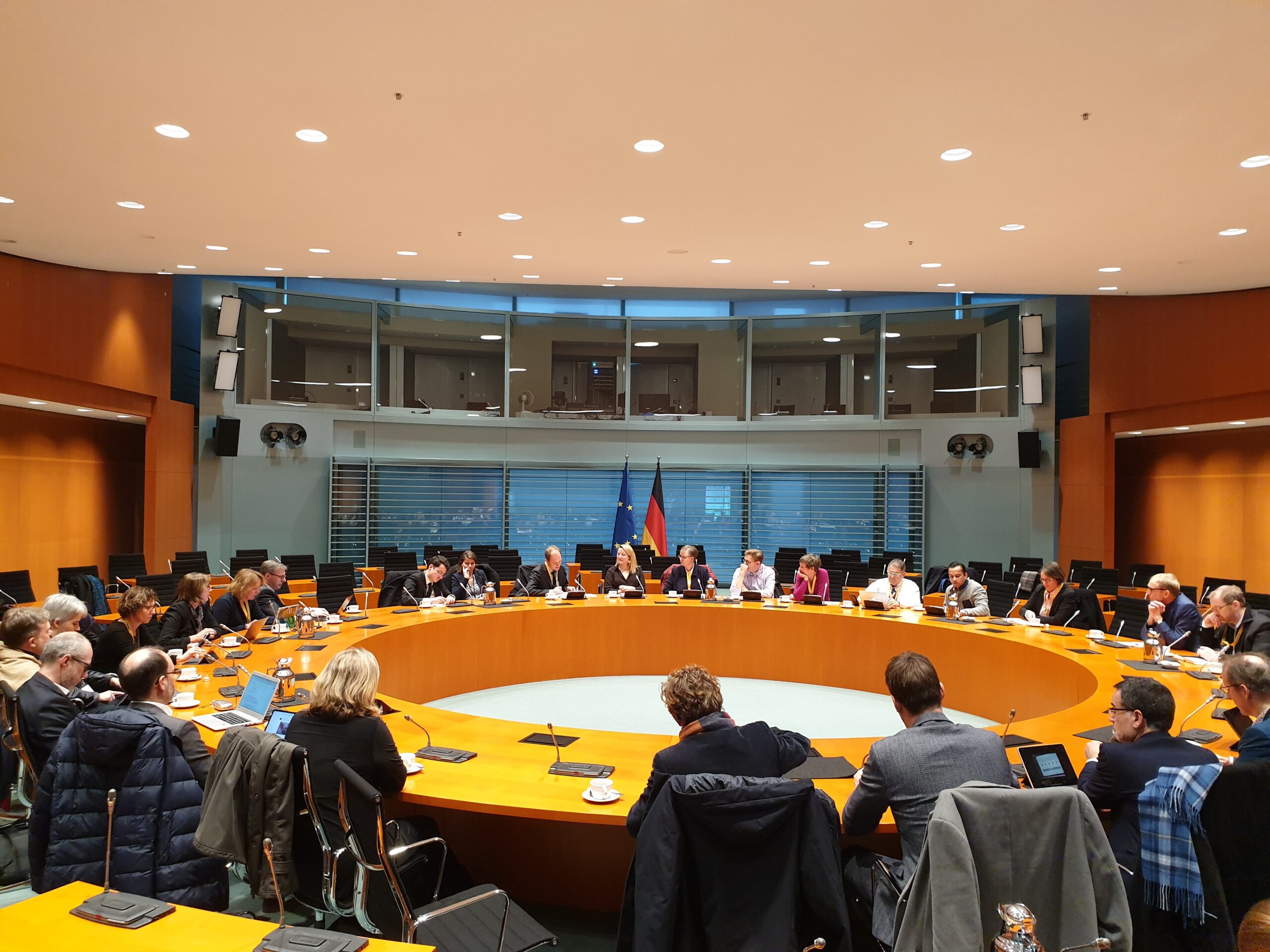
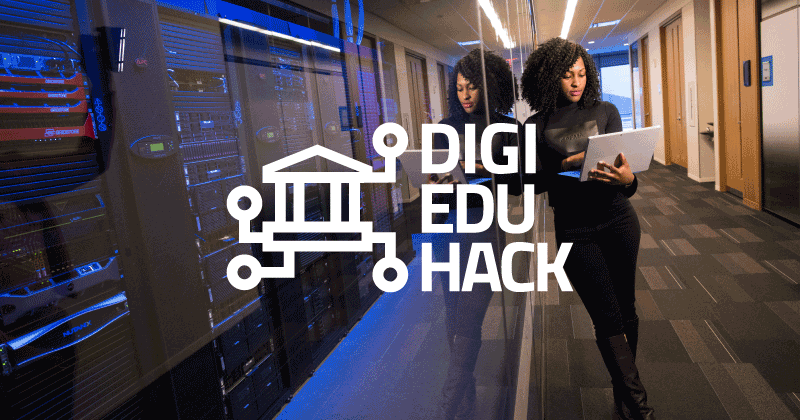
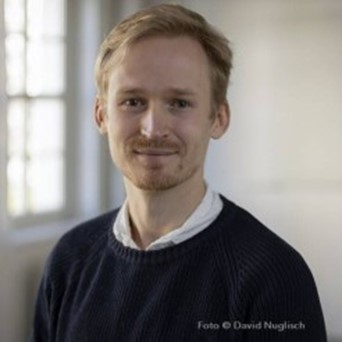
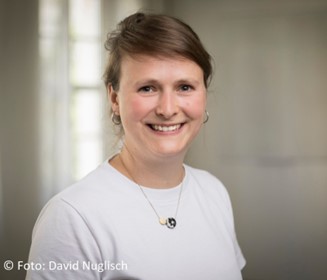
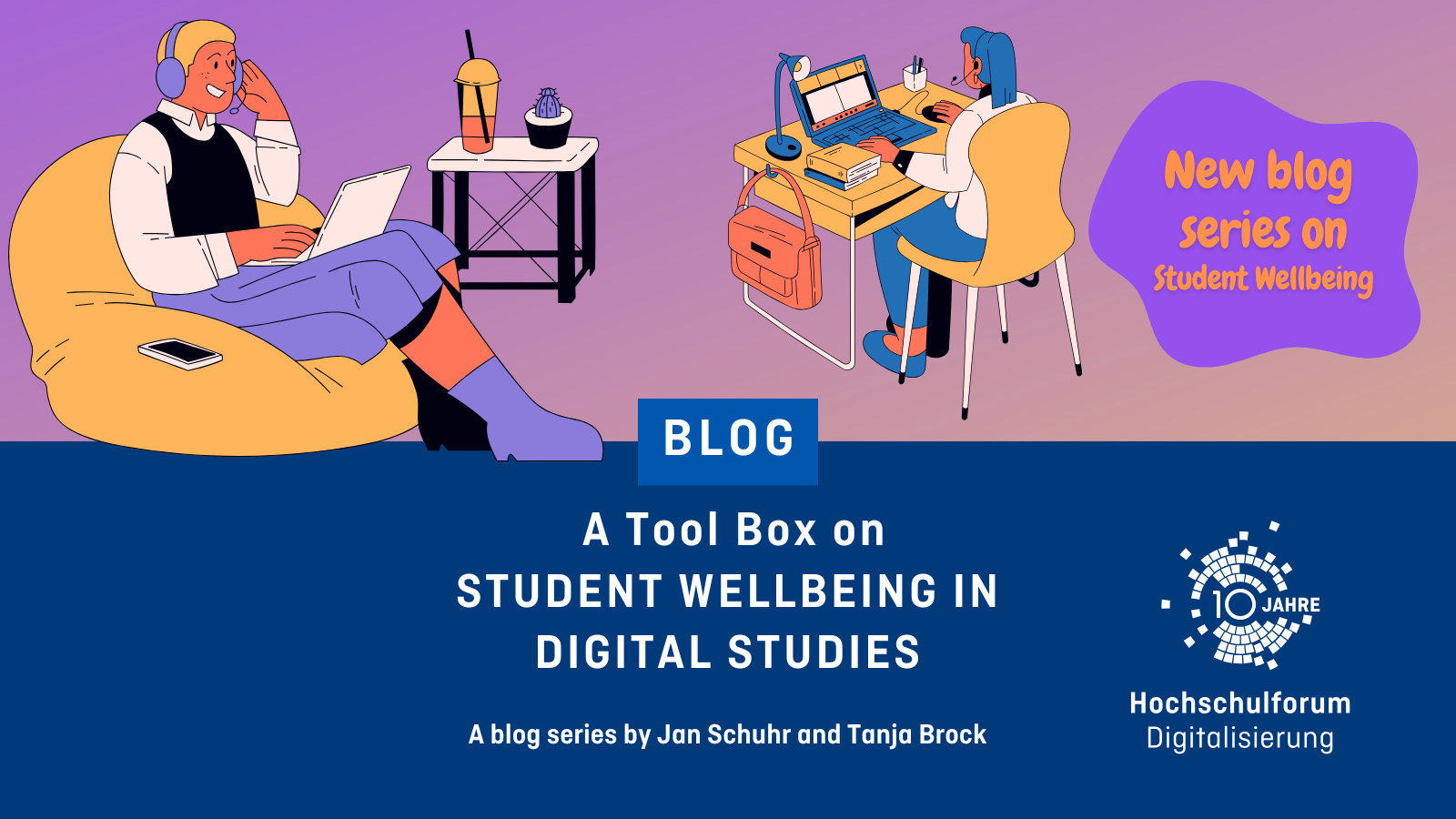
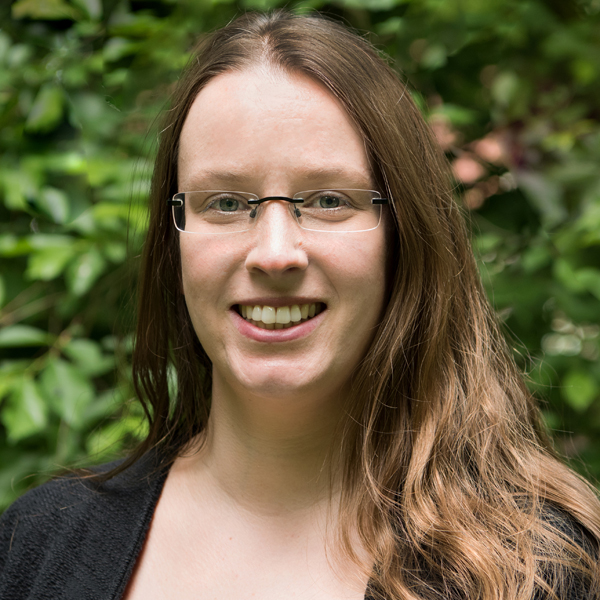
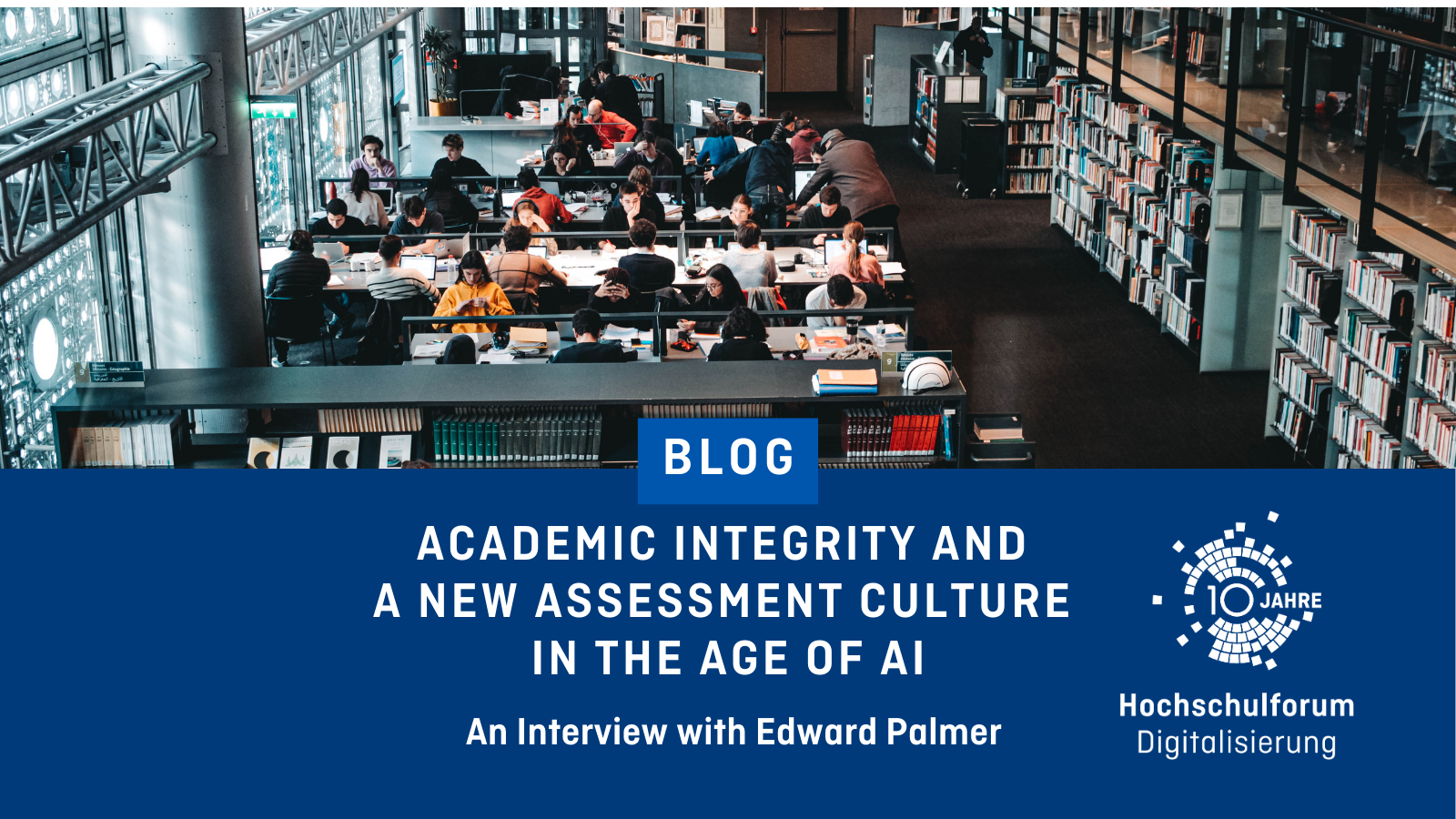
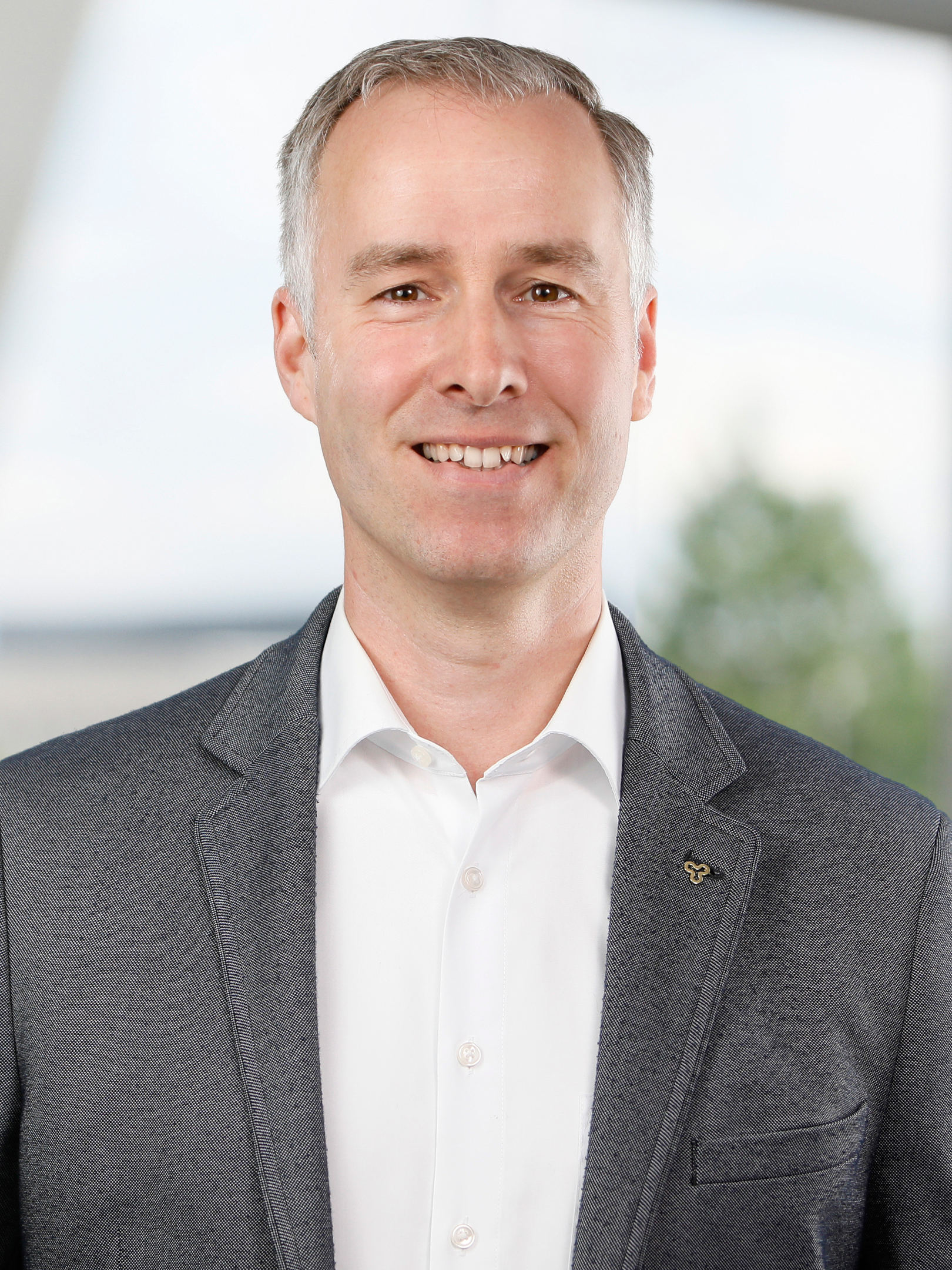
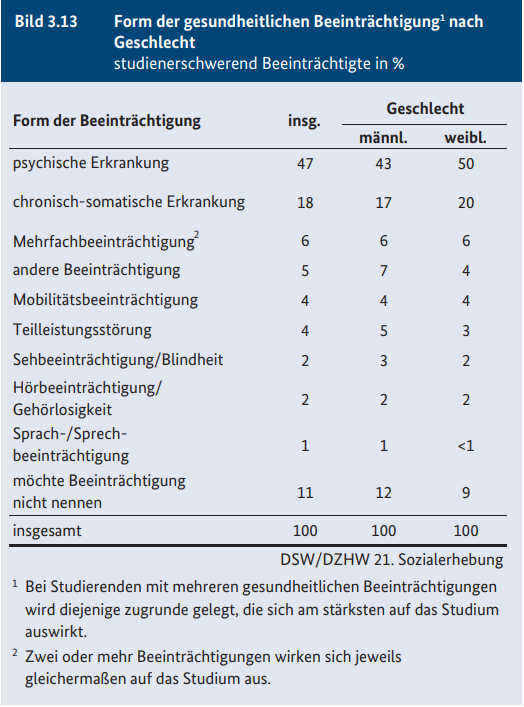
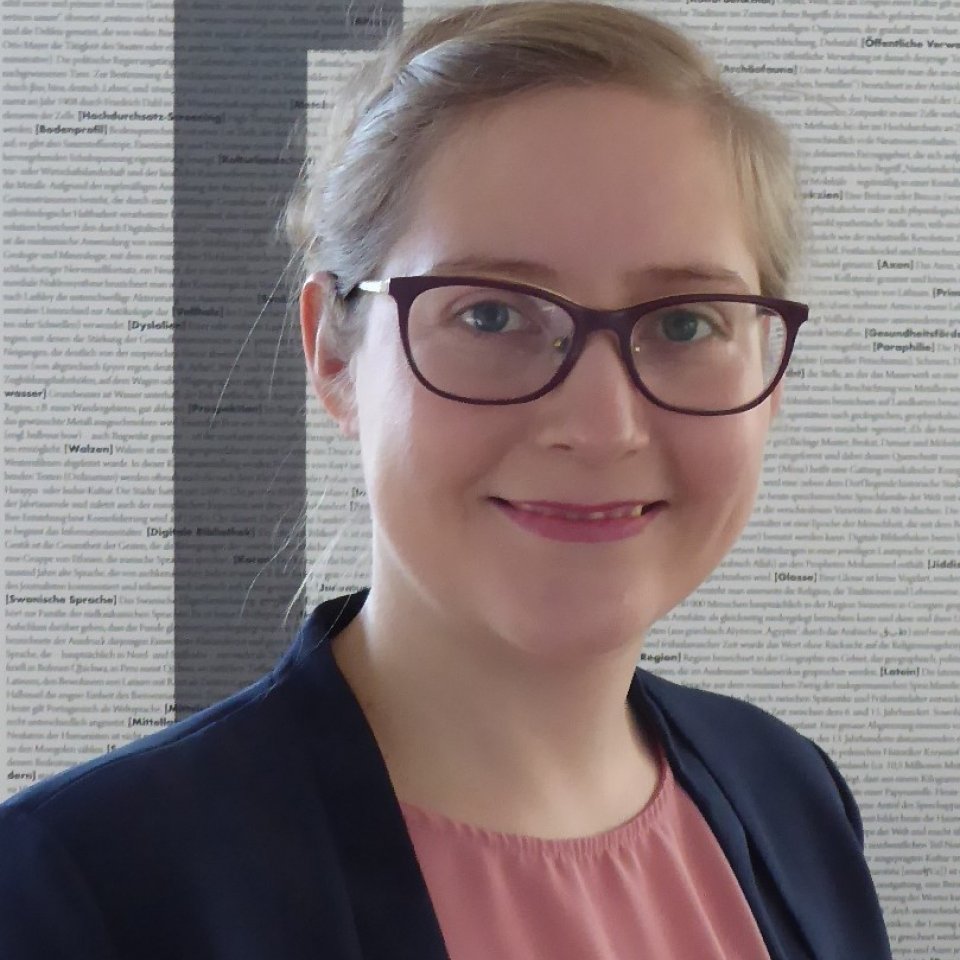
![Image: [https://gesellschaftsbilder.de/detail/media?page=31&id=1339&mediafilter=all&container=category&cid=24&mediafilter=all&container=category&cid=24 Michel Arriens]](https://hochschulforumdigitalisierung.de/wp-content/uploads/2023/09/Studie-Barrierefreiheit-USA_EN.png)